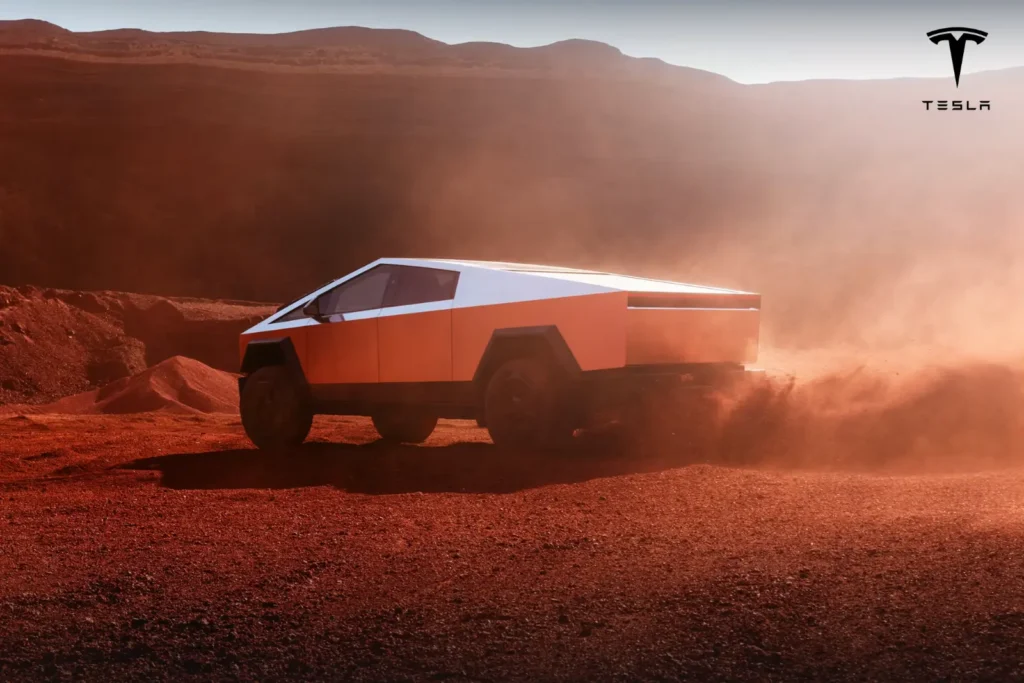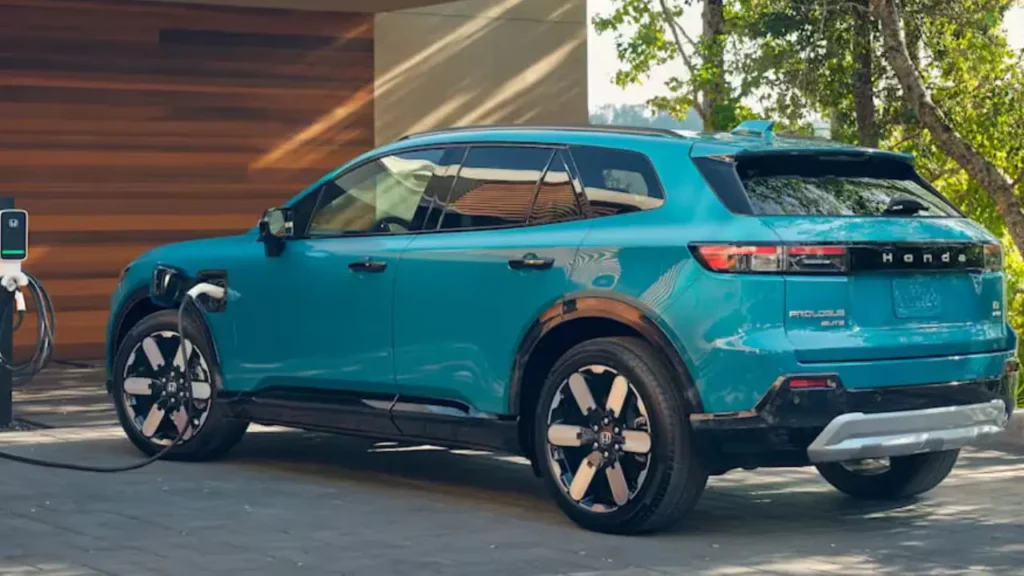Table of Contents
When deciding between buying a used car and a new car, it’s important to weigh the pros and cons of each option. Here’s a breakdown to help you make an informed decision:
Pros of Buying a Used Car
- Lower Purchase Price: Used cars are significantly cheaper than new ones, allowing you to get more car for your money.
- Lower Depreciation: New cars lose value quickly (often 20-30% in the first year), while used cars have already experienced the steepest depreciation.
- Lower Insurance Costs: Insurance premiums are typically lower for used cars because their value is less.
- More Variety: You can often afford a higher-end or larger model when buying used.
- Lower Registration Fees: In many places, registration fees are based on the car’s value, so used cars cost less to register.
Cons of Buying a Used Car
- Higher Maintenance Costs: Older cars may require more repairs and maintenance, especially if they have high mileage.
- Limited Warranty: Used cars may not come with a warranty, or the warranty may be shorter than that of a new car.
- Outdated Technology: Older models may lack the latest safety features, infotainment systems, or fuel-efficient technology.
- Unknown History: Unless you have a detailed vehicle history report, you may not know how well the car was maintained or if it was involved in accidents.
- Higher Interest Rates: Financing a used car may come with higher interest rates compared to new cars.
Pros of Buying a New Car
- Reliability: New cars are less likely to have mechanical issues and come with a manufacturer’s warranty.
- Latest Features: New cars include the most up-to-date technology, safety features, and fuel efficiency improvements.
- Customization: You can often choose the exact model, color, and features you want when buying new.
- Lower Financing Costs: New cars typically qualify for lower interest rates and better financing deals.
- Peace of Mind: You know the car’s full history and can maintain it properly from the start.
Cons of Buying a New Car
- Higher Purchase Price: New cars are more expensive upfront, and you may need a larger down payment.
- Rapid Depreciation: New cars lose value quickly, especially in the first few years.
- Higher Insurance Costs: Insuring a new car is often more expensive due to its higher value.
- Higher Registration Fees: Registration and taxes are typically higher for new vehicles.
- Pressure to Upgrade: New models are released frequently, which may make your car feel outdated sooner.
Used Car vs New Car
| Factor | Used Car | New Car |
|---|---|---|
| Cost Comparison | Lower upfront cost; significant depreciation has already occurred. | Higher upfront cost; includes full retail price and additional fees. |
| Warranty Coverage | Limited or no warranty (unless certified pre-owned). | Full manufacturer warranty (typically 3 years/36,000 miles or more). |
| Resale Value | Depreciates slower since the biggest drop occurs in the first few years. | Depreciates faster; loses ~20-30% of value in the first year. |
| Financing Options | Higher interest rates for used car loans; shorter loan terms. | Lower interest rates; longer loan terms available. |
| Insurance Premiums | Generally lower due to lower car value. | Higher due to the car’s higher value and repair costs. |
| Fuel Efficiency | Older models may have lower fuel efficiency compared to newer models. | Newer models often have better fuel efficiency and hybrid/electric options. |
| Technology Features | May lack the latest tech (e.g., infotainment, safety features). | Includes the latest tech (e.g., advanced driver-assistance systems, Apple CarPlay). |
| Environmental Impact | Lower environmental impact (no new manufacturing resources used). | Higher environmental impact due to manufacturing and resource use. |
| Ownership Costs | Lower registration fees and taxes; higher maintenance/repair costs over time. | Higher registration fees and taxes; lower maintenance costs initially. |
| Certified Pre-Owned (CPO) | Available as CPO, offering extended warranties and inspections. | Not applicable (new cars are sold as-is with full warranties). |
Key Takeaways:
- Used Cars: Ideal for budget-conscious buyers who want lower upfront costs and are okay with older technology and higher maintenance risks.
- New Cars: Best for those who want the latest features, full warranty coverage, and lower maintenance costs in the short term, but with higher upfront costs and faster depreciation.
Certified Pre-Owned (CPO):
- CPO cars are a middle ground, offering used cars with extended warranties, thorough inspections, and often lower mileage. They are a great option for buyers who want reliability and savings without paying for a brand-new car.
Let me know if you’d like further details on any of these points!
Key Considerations
- Budget: If you’re on a tight budget, a used car may be more affordable upfront and in the long run.
- Lifestyle Needs: If you prioritize reliability and the latest features, a new car might be worth the investment.
- Long-Term Plans: If you plan to keep the car for many years, a new car may make more sense. If you prefer to switch cars frequently, a used car could save you money.
- Certified Pre-Owned (CPO) Option: Consider a CPO car, which offers a balance between used and new, often including warranties and inspections.
Ultimately, the decision depends on your financial situation, preferences, and how you plan to use the car.
Related Articles
- How to Choose the Right SUV for Your Lifestyle (2025)
- Best Family Cars for 2025: Safety, Space, and Comfort
- The Ultimate Guide to Car Maintenance: Tips to Extend Your Vehicle’s Life (2025)
- Electric vs Gas Cars: Which is Better for You in 2025?
- Top 10 Most Fuel Efficient Cars of 2025
- The All New Skoda Kodiaq: Redefining Luxury and Performance in the SUV Segment (2025)












